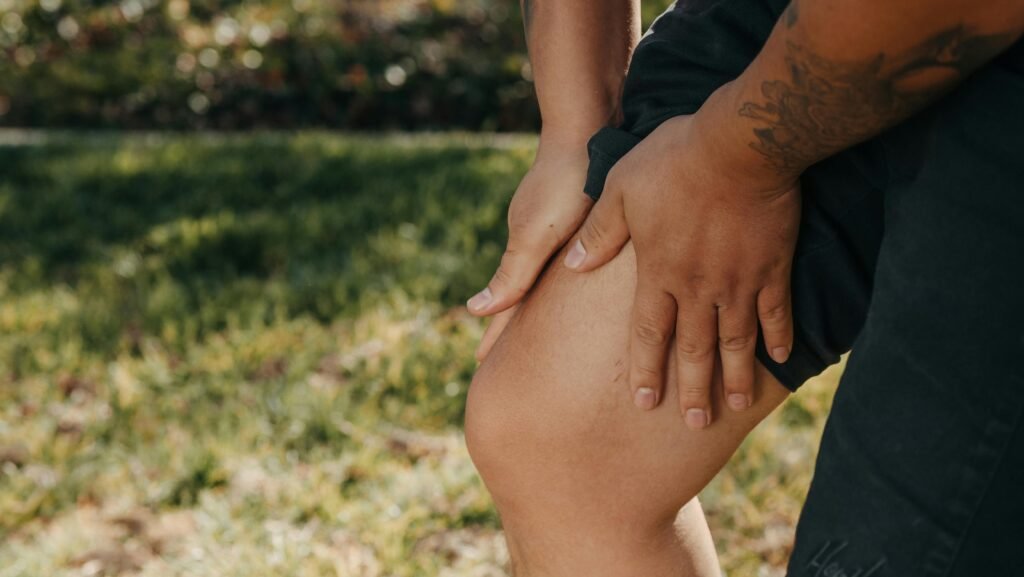The Marathon Journey: What I Learned from My Running Journal and Race Day Experience
Running a marathon was a dream that once felt out of reach, especially for someone like me who wasn’t a natural-born runner. But I set a goal, found a solid training plan, and committed to the process. Although the journey wasn’t easy, I learned valuable lessons that went beyond just running. I discovered the importance of choosing the right shoes, staying hydrated, managing pain, and even finding something meaningful to listen to along the way. If you’re gearing up for a marathon—or any big fitness goal—keeping a running journal and being proactive in your training can make all the difference.
Let me take you through my marathon journey and share the lessons I learned about training, hydration, shoes, pain management, and more.
1. The Right Shoes: A Game-Changer for Comfort and Performance
I underestimated the importance of the right shoes during my training. At first, I bought two pairs of shoes that seemed perfect, but both caused painful shin splints and knee pain. I finally switched to barefoot or zero-drop shoes, and they completely changed my experience.
The zero-drop design, where the heel and toe sit at the same level, allowed for a more natural stride. I immediately felt relief as my legs and knees experienced less strain. These shoes felt lighter, more flexible, and helped me land more naturally with each step, reducing the impact on my joints.
What I Learned:
Don’t settle for just any running shoe. After trying several pairs that caused pain, I discovered barefoot or zero-drop shoes worked best for me. If you’re experiencing discomfort, it’s time to reassess your footwear. Find shoes that support your natural gait and let your body move comfortably.
2. Discover What to Listen to: The Secret to Staying Engaged
One of the most surprising parts of my marathon training was finding something meaningful to listen to. I thought I would rely on upbeat music to get me through, but that didn’t hold my attention for long. As the miles wore on, I turned to listening to the Bible—and I loved it.
Who Knew?
Listening to Bible passages kept my mind engaged and helped me stay calm. Instead of focusing on the physical strain, I found peace and inspiration in the words. Each verse helped me focus on the spiritual strength I needed to continue. This unexpected discovery turned my marathon experience into a meaningful journey, not just a race.
Why It Worked for Me:
Find what resonates with you. Whether it’s music, podcasts, or audiobooks, experimenting with different things to listen to can make long runs more enjoyable and mentally engaging. For me, scripture turned out to be the perfect companion, offering both peace and motivation to keep moving forward.
3. Hydration: Don’t Overcomplicate It
I overcomplicated hydration during my training. I read so much about electrolytes and sports drinks that I thought I needed to load up on them. But when race day arrived, I realized I had neglected the most important factor: plain water.
I had packed tons of electrolyte drinks, but my body craved water to stay hydrated. I soon learned that alternating between water and an electrolyte drink worked best. The electrolytes helped, but without enough water, my body was still thirsty.
What I Learned:
Water should be your primary focus during a marathon. Electrolyte drinks are useful, but don’t skip water. A good rule is to alternate between both during the race. Drink water first, then sip on an electrolyte drink if needed, especially later in the race.

4. Pain Management: Be Proactive with Ibuprofen
Knee pain became a challenge by the middle of the race. In hindsight, I wish I had taken ibuprofen or another anti-inflammatory before the pain set in.
What I Learned:
Don’t wait for the pain to strike. Take anti-inflammatory medication before the discomfort starts to creep in. By being proactive, you can stay ahead of the pain and avoid letting it slow you down. It’s one small step that can make a big difference on race day.
5. Post-Race Nutrition: Skip the Ice Cream for Better Recovery
After crossing the finish line, my family and I celebrated with ice cream. While it was a fun treat, it wasn’t the best choice for recovery. After running 26.2 miles, your body needs proper fuel to repair muscles and replenish energy stores.
What I Wish I Had Done:
Instead of ice cream, I should have focused on a meal that included carbs, protein, and healthy fats to support recovery. A protein smoothie, pasta with chicken, or a grain bowl with veggies and protein would have been much better options. You can enjoy a treat later, but immediately after the race, prioritize recovery nutrition.
Final Thoughts: Make the Most of Your Marathon Journey
By the time I crossed that finish line, I realized the marathon was more than just a physical goal—it was a holistic experience that taught me about myself. I learned the importance of proper hydration, recovery, the right shoes, and managing pain. And most importantly, I learned that running a marathon isn’t just about endurance; it’s about mental, emotional, and spiritual strength too.
Whether you’re a first-time marathoner or an experienced runner, these lessons apply to everyone. Every race teaches you something new. The key is to learn from each experience and use that knowledge to make the next one even better.
Quick Post-Race Recovery Tips:
- Within 30 minutes: Replenish with carbs (banana, bagel) + protein (protein shake, yogurt)
- Hydration: Water first, followed by an electrolyte drink
- Within 1-2 hours: Enjoy a nutrient-dense meal with carbs, protein, and healthy fats
- Pain Management: Take ibuprofen or similar medication before the race to prevent joint pain
- Footwear: Invest in shoes that match your running style, and consider zero-drop or barefoot shoes if you’re dealing with shin splints or knee pain
Running a marathon is a life-changing experience, and every step, from the first mile to the last, offers opportunities to grow and learn. Keep these lessons in mind as you prepare for your next race, and you’ll be well on your way to marathon success.



